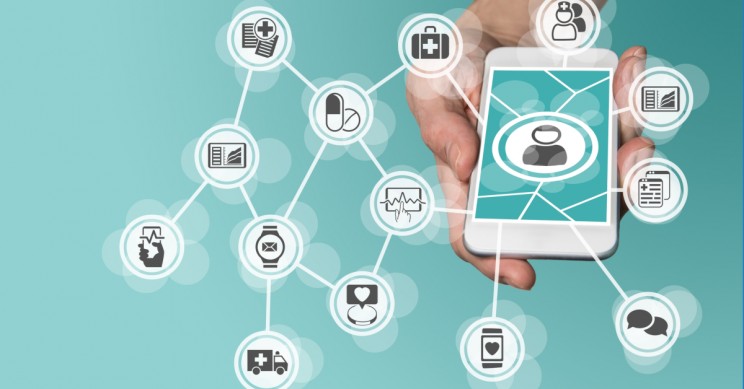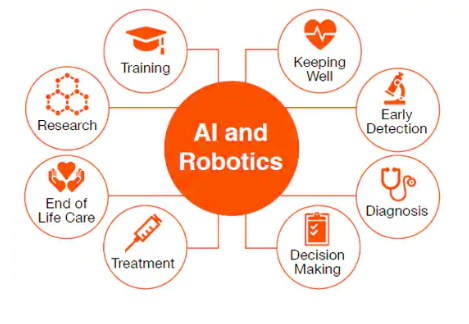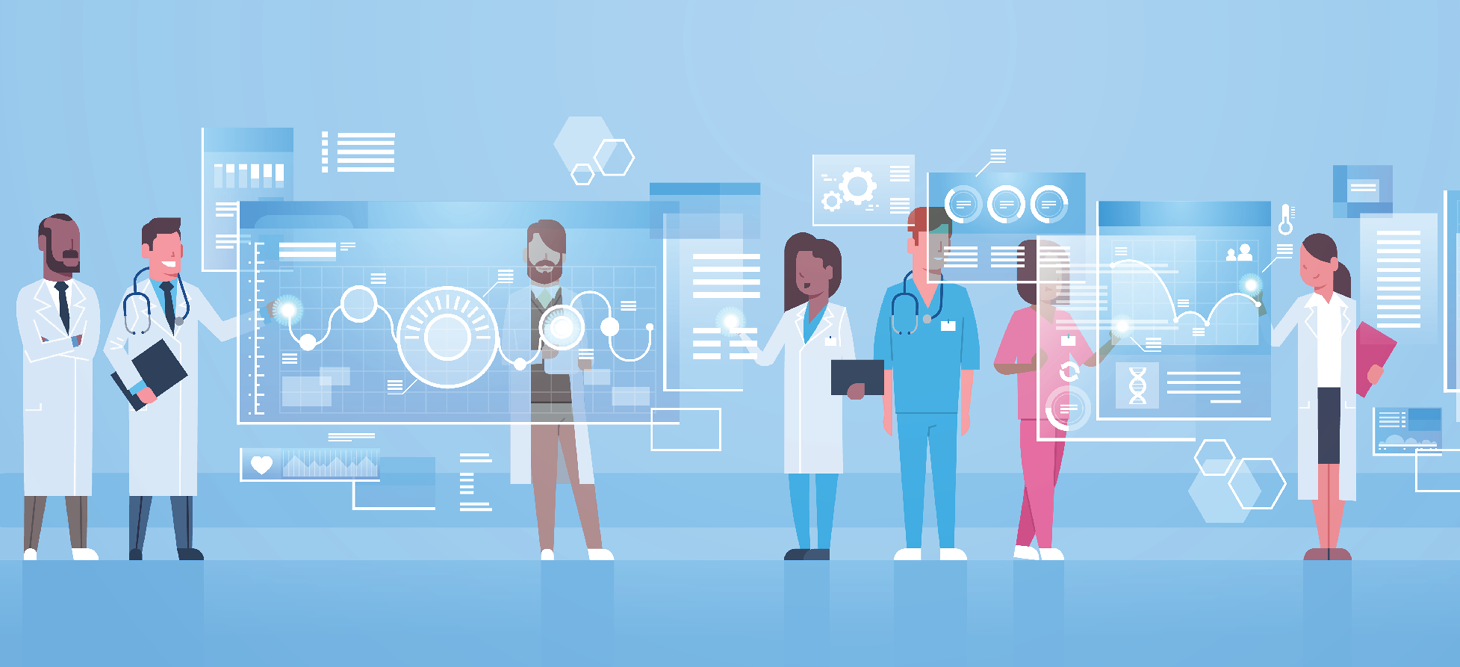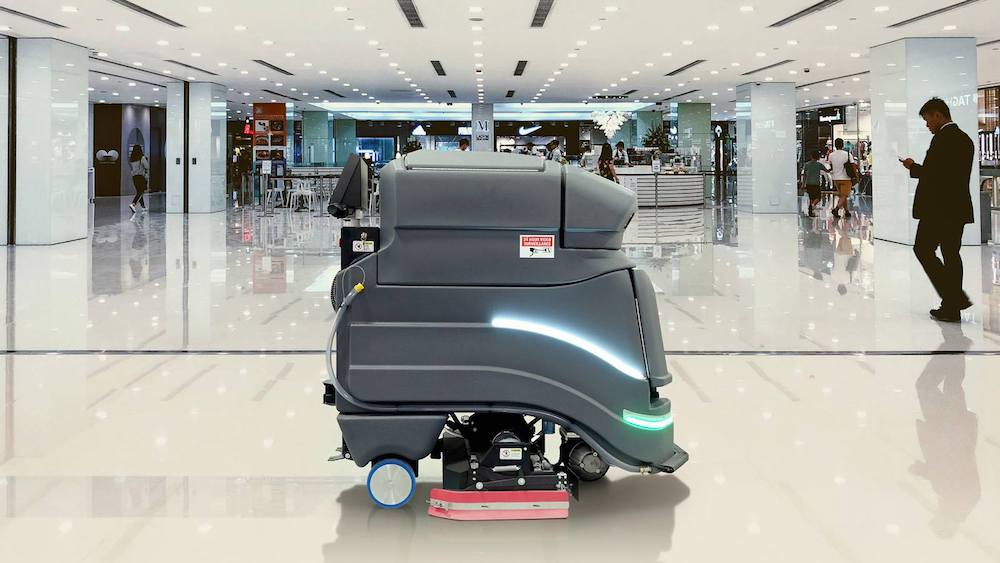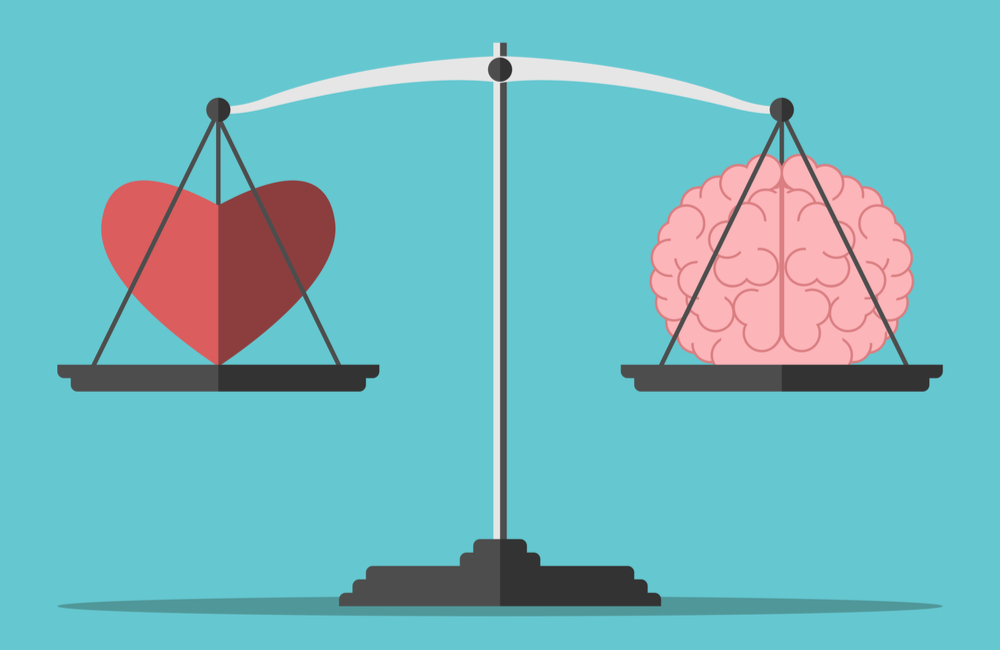In the multifaceted field that is healthcare, there is a constant demand for contemporary technology, or the creation of a system that assists medical professionals, their patients, and life science communities in an innovative fashion. Developing that very system, Artificial Intelligence (AI) offers the sophisticated ability to transform patient care, while working collaboratively with doctors and medical professionals.
There is a common misconception surrounding the word “Artificial Intelligence,” one that illustrates the idea of robots replacing humans, and overtaking the field as their own. AI is a technology that can be integrated into healthcare teams and make primary care more manageable for physicians. When it comes to personal health care, rather than the imagined robots, analytics and predictive models utilize vast data sets that contain crucial patient information are being developed through AI technology. These models provide life-saving information such as possible treatment options and outcomes, survival rates, and health conditions. AI helps clinicians craft a comprehensive approach for disease management.
The rise of remote patient monitoring (RPM) has given way to technology such as continuous glucose monitors and continuous blood pressure monitors that have allowed patients to visualize their data and generate insights into the impact of various daily activities. Additionally, RPM allows physicians and care teams to interact with patient data using AI platforms to generate insights on best practices for individualized care. AI can reduce the cost of healthcare, and the number of procedures and treatments that patients have to undergo, or that doctors have to prescribe by creating models for preventative care, and keeping people healthier and out of the hospital longer. Cost is an extremely relevant burden on many people seeking treatment around the world.
In Africa, the number one cause of death is cancer. The government of Rwanda is working with the World Economic Forum to develop a better system of screening. AI can be utilized to accurately access scans, create treatment plans, and avoid unnecessary surgical procedures. With a particular policy and infrastructure in place, AI would be a perfect solution to Rwanda’s health care problem.
With such a vast array of complex data, AI and machine learning assist in creating data-driven insights that involve diagnosis and treatment recommendations, as well as administrative assistance. Using statistical techniques, the computers possess the ability to learn various patterns from the data being entered, without the input of human support. The ingeniousness behind this technology allows for doctors to make enhanced decisions through the optimization of multivariable problems, while maintaining minimal risk. Pattern recognition software can identify patients at risk of developing an additional condition, just by looking at lifestyle, environment, genomic, or other factors. AI has proven to perform as well, if not better, than humans when it comes to tasks relating to health care. For example, algorithms are being developed via AI that outperform radiologists as the program helps spot malignant tumors. AI is furthering the benefits of screenings, and providing feedback on medical images such as X-rays, CT scans, and MRIs that the human eye can so easily miss. AI prevents risks as the technology draws on predictive modeling, which projects the length of stay for the patient.
Not only does AI have direct hand in diagnosing and healing patients, this technology also performs in administrative applications in healthcare. While nurses spend a vast majority of their time on administrative activities, AI can be used for record management and clinical documentation. AI unlocks data that has been collecting dust. A select few healthcare organizations have been experimenting with AI in the realm of patient interaction, mental health, and tele-health. Some technology companies are working on automatic speech recognition within AI-driven digital scribes. These scribes can listen in on patient-doctor conversations and write notes.
The tremendous benefits of AI is leading to a new age of healthcare personalization. Doctors, and patients alike are discovering a clearer understanding of their bodies, and how healthcare can be revolutionized as AI works towards the uniqueness of each individual. This is the future of healthcare, a technology that has the potential to cure disease that has been abandoned as hopeless for years. The machinery is encouraging healthier lifestyles. Artificial Intelligence in personal healthcare is leading to the betterment of humanity.
https://hitconsultant.net/2018/12/13/artificial-intelligence-transform-personal-health/#.Xl3ZM5NKiu4
https://www.ncbi.nlm.nih.gov/pmc/articles/PMC6616181/
https://www.weforum.org/agenda/2019/03/why-ai-will-make-healthcare-personal/


